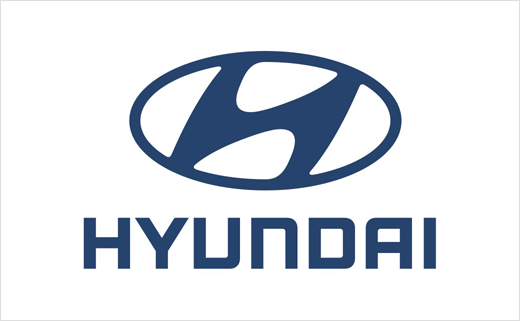
₹ 13720
₹1865- ₹1960
7
₹1934
-1

17 Oct 2024
21 Oct 2024
22 Oct 2024
Application Details
The Hyundai Motor India IPO is scheduled to open for subscription from October 15, 2024, and close on October 17, 2024. The face value of each share is set at ₹10, with the price band ranging between ₹1865 and ₹1960 per share. Investors can bid for a minimum lot size of 7 shares. The total issue size comprises 142,194,700 shares, amounting to approximately ₹27,870.16 crore. This offering is an Offer for Sale of the same number of shares. Additionally, employees will receive a discount of ₹186 per share as part of the IPO. It will be a Book Built Issue IPO, and the shares will be listed on the Bombay Stock Exchange (BSE) and the National Stock Exchange (NSE). Pre-issue and post-issue shareholding will remain unchanged at 812,541,100 shares.
The IPO timetable is as follows: the subscription period will run from October 15 to October 17, 2024. The basis of allotment is expected to be finalized on October 18, 2024, with refunds initiated on October 21, 2024. Shares will be credited to demat accounts on the same day, and trading is set to commence on October 22, 2024. It's important to note that the cut-off time for UPI mandate confirmation is 5 PM on October 17, 2024.
For retail investors, the minimum application requires 1 lot, consisting of 7 shares, amounting to ₹13,720. The maximum application they can make is for 14 lots, which equals 98 shares, with a total investment of ₹1,92,080.
About Hyundai Motor India Limited
Company Overview
Hyundai Motor India Limited (HMIL), established in May 1996, is a key subsidiary of the Hyundai Motor Group, a global automotive leader headquartered in South Korea. Hyundai Motor Group has long been recognized for its innovation, technological advancements, and global reach in the automotive industry.
Hyundai Motor India significantly enhances Hyundai’s presence in international markets, particularly in India, where the company has made substantial investments in production capacity, research, and development. Over the years, HMIL has built a strong reputation for producing reliable, durable vehicles with features and cutting-edge technology.
Product Line and Manufacturing
The company manufactures and sells various passenger vehicles, including sedans, hatchbacks, sports-utility vehicles (SUVs), and electric vehicles (EVs). Their models include popular vehicles such as the Grand i10 NIOS, Creta, Verna, and the all-electric IONIQ 5. In addition to vehicles, HMIL also produces key automotive parts like transmissions and engines.
HMIL’s manufacturing plant near Chennai, Tamil Nadu, was Hyundai’s first integrated plant outside Korea and has an annual production capacity of 824,000 units. With the upcoming expansion through the Talegaon manufacturing plant, the total capacity is set to increase to 1,074,000 units.
Sales and Service Network
As of June 2024, HMIL operates through 1,377 sales outlets across 1,036 cities in India and 1,561 service centers in 957 cities. The company exports to over 150 countries, primarily serving markets in Africa, the Middle East, Latin America, and South Asia. It has sold nearly 12 million passenger vehicles cumulatively in India and through exports.
FAQ
IPO stands for "Initial Public Offering." It's the process through which a privately-held company becomes publicly traded by offering its shares to the general public and listing them on a stock exchange for trading. This allows the company to raise capital from investors and grants individuals and institutions the opportunity to invest in and own a portion of the company.
The life cycle of an IPO, or Initial Public Offering, begins with a company's decision to go public. It involves hiring underwriters, registering with regulatory authorities, determining the IPO price, marketing to investors, and the subscription period where investors place orders for shares. After allocation and listing, shares become publicly tradable, and the company enters the secondary market. Ongoing reporting and corporate governance are crucial as the company continues to operate as a publicly-traded entity. The IPO aims to raise capital for growth and provides investors with opportunities to trade shares in the company.
An IPO (Initial Public Offering) is when a private company goes public by selling shares to the public. Investors buy these shares, giving them ownership in the company. It's a way for companies to raise capital and expand. The process involves underwriters, regulatory filings, setting the IPO price, and marketing to investors. After the IPO, shares can be traded on a stock exchange. IPOs offer opportunities and risks, so investors should research and consider carefully.
"Upcoming IPOs" refers to initial public offerings that have been announced by private companies but have not yet occurred. These are companies that plan to go public in the near future by issuing shares to the public and listing them on a stock exchange. Investors often keep an eye on upcoming IPOs as they represent opportunities to invest in companies at their early stages of public trading, potentially capturing growth potential. These offerings are typically accompanied by significant media and investor attention as they approach their launch dates.
 Download
Download